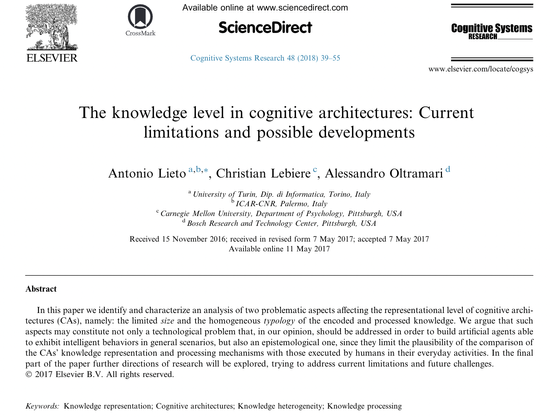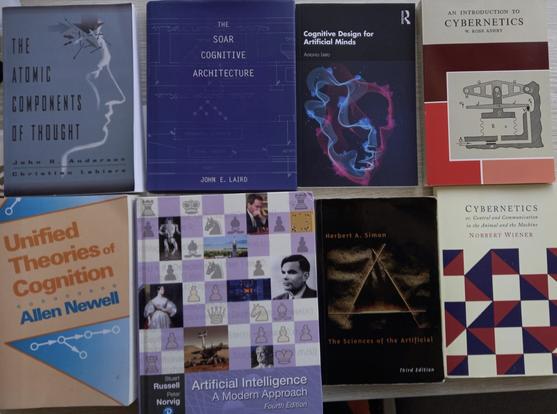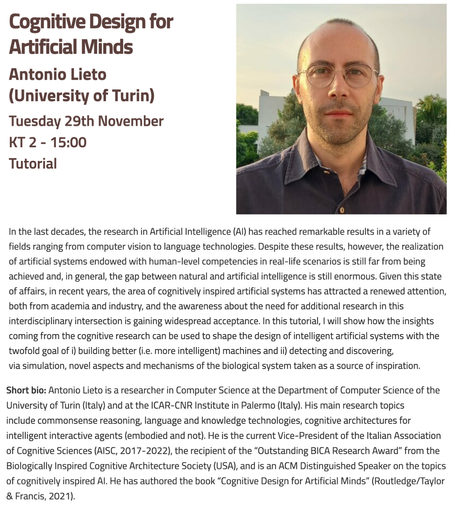The next VSAonline webinar is at 17:00 UTC (not the usual time), Monday 27 January.
Zoom: https://ltu-se.zoom.us/j/65564790287
Speaker: Anthony Thomas from UC Davis, USA
Title: ”Sketching a Picture of Vector Symbolic Architectures”
Abstract : Sketching algorithms are a broad area of research in theoretical computer science and numerical analysis that aim to distil data into a simple summary, called a "sketch," that retains some essential notion of structure while being much more efficient to store, query, and transmit.
Vector-symbolic architectures (VSAs) are an approach to computing on data represented using random vectors, and provide an elegant conceptual framework for realizing a wide variety of data structures and algorithms in a way that lends itself to implementation in highly-parallel and energy-efficient computer hardware.
Sketching algorithms and VSA have a substantial degree of consonance in their methods, motivations, and applications. In this tutorial style talk, I will discuss some of the connections between these two fields, focusing, in particular, on the connections between VSA and tensor-sketches, a family of sketching algorithms concerned with the setting in which the data being sketched can be decomposed into Kronecker (tensor) products between more primitive objects. This is exactly the situation of interest in VSA and the two fields have arrived at strikingly similar solutions to this problem.
#VectorSymbolicArchitectures #VSA #HyperdimensionalComputing #HDC #AI #ML #ComputationalCognitiveScience #CompCogSci #MathematicalPsychology #MathPsych #CognitiveScience #CogSci @cogsci


